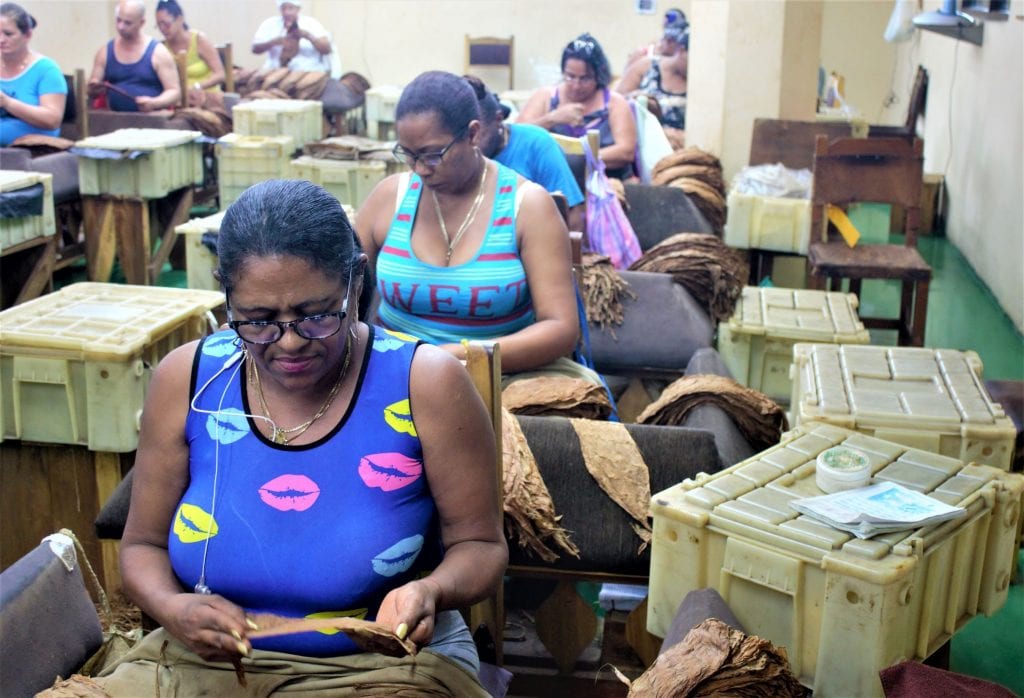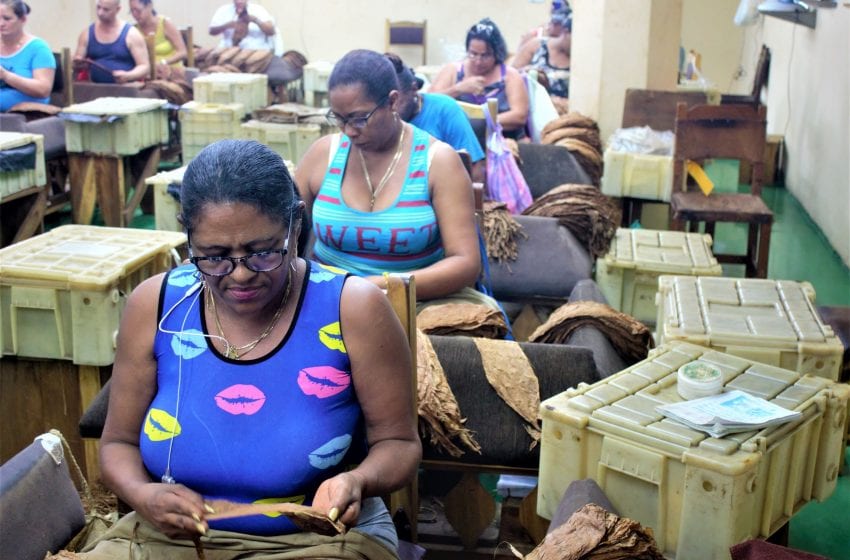
Returning Cuba to the U.S. list of state sponsors of terrorism would be a major blow to increasingly tense relations between Washington and Havana. According to a senior Trump administration official speaking with Reuters on Thursday, the status change has a strong possibility of becoming a reality.
There is a “convincing case” that Cuba should be placed back on the U.S. blacklist, in part because of its continued backing for socialist Venezuelan President Nicolas Maduro and the refuge it gives to leaders of Colombia’s ELN rebel group, the official said, according to the report.
Speaking on condition of anonymity, the official did not rule out that a decision on Cuba’s re-listing could come by the end of the year.
In what was possibly a preliminary step, the Trump administration said on Wednesday it had put the Communist-ruled island back on a separate list of countries that do not cooperate fully with its efforts to counter terrorism.
Havana, which has long denied any link to terrorism, dismissed Wednesday’s State Department announcement as “spurious.”
Returning Cuba to the blacklist would be a further rollback of the detente that former President Barack Obama orchestrated between the old Cold War foes. His decision to formally remove Cuba from the terrorism list in 2015 was an important step toward restoring diplomatic ties that year.
Trump’s toughened stance on Cuba, as well as Venezuela, has gone down well in the large Cuban-American community in south Florida, an important voting bloc in a key political swing state as he seeks re-election in November.
Designation by Washington as a state sponsor of terrorism, which carries the potential for sanctions and trade restrictions, would put Cuba in the company of Iran, North Korea, Syria and Sudan.
It is unclear, however, how much practical impact there would be.
The designation carries a prohibition on U.S. economic aid, a ban on U.S. arms exports, controls on “dual-use” items with military and civilian applications, and a requirement that the United States oppose loans to Cuba by international financial institutions such as the World Bank and International Monetary Fund.
But many of those restrictions are already in place – or have even been tightened by Trump – and a decades-old U.S. economic embargo remains and can only be lifted by Congress.











